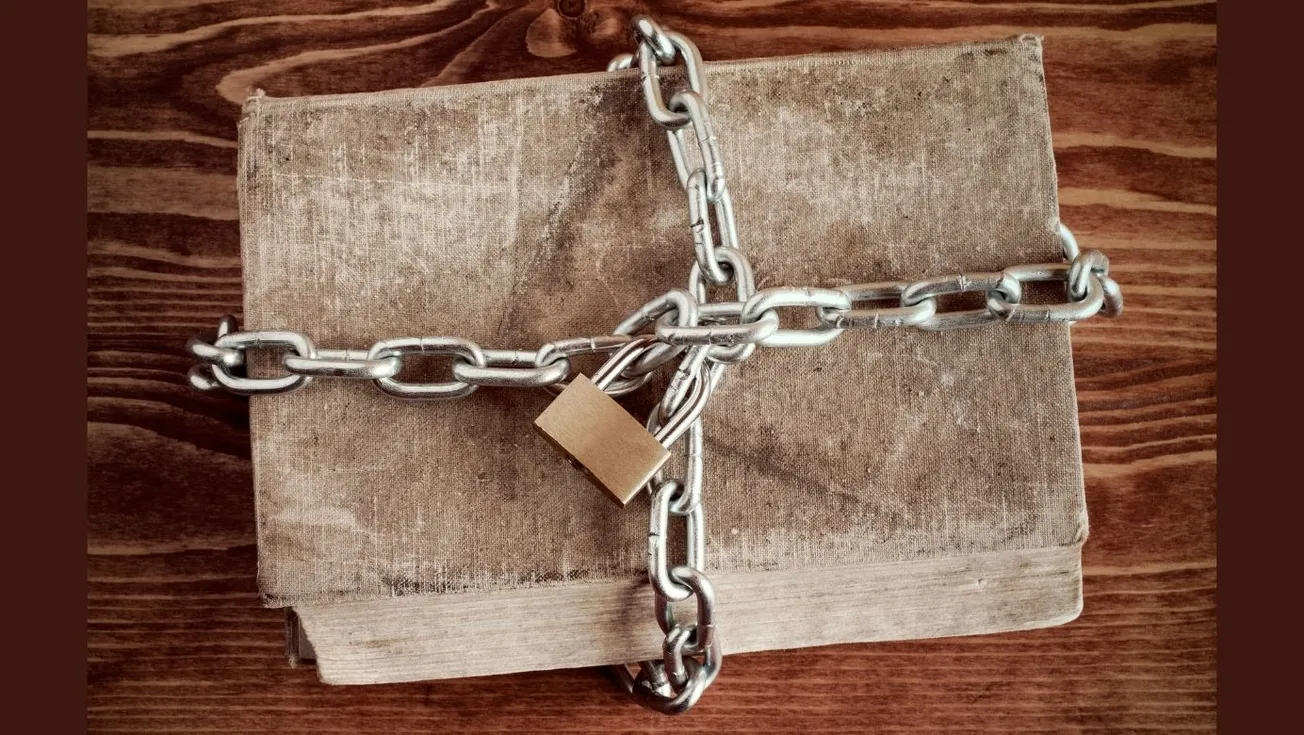Libraries across the United States, both public and school, are under constant attack from groups and individuals who somehow think it is their responsibility to monitor and oversee the written materials available to the entire population. It’s almost like the Comstock Laws of the early twentieth century are coming back to haunt us, and in a most nefarious way.
Laws designed to control library materials are being passed by state legislatures, even to the extent of making librarians into censors, facing jail time and fines if they fail to inhibit the choices of readers.
Moms For Liberty (an oxymoron if ever there was one) is a nationwide group active in getting books removed from school libraries.
And all this restrictive activity comes in the face of vast public support for libraries and for the freedom to use them without oversight of self-appointed censors.
The EveryLibrary Institute commissioned a survey in late 2022 regarding book bans and censorship. The ELI states on its website that its purpose is “to conduct research, writing, publishing and related activities concerning public, academic and school libraries in the U.S.” It is a companion organization to EveryLibrary, a national political action committee advocating for libraries.
Some of the findings of the survey include:
- Nearly all American voters (92%) have heard at least something about book banning
- Half of voters believe there is “absolutely no time when a book should be banned” and 41% think “there are rare times when it’s appropriate to ban books”
- Even 31% of Republicans think there is absolutely no time when a book should be banned
- At least 75% of voters will consider book banning when voting
Respondents were asked to rate “very favorable” or “somewhat favorable” the following:
- Teachers – 73%
- Local libraries – 69%
- Librarians – 66%
- School librarians – 62%
- Local schools – 53%
- Your governor – 42% (Kentucky is a good deal higher)
- Democrat party – 37%
- Republican party – 36%
In the 2024 Kentucky Legislative session, two bills were introduced relating to methods of making it easier to having books removed from library shelves. HB 191 and SB 246 were companion bills, each sponsored solely by Republicans. Any question about which party is most in favor of book banning and censorship?
The survey asked those surveyed to indicate if they had heard a great deal about efforts to ban books in school and public libraries:
- All voters – 56%
- Females ‑59%
- Males – 52%
- Non-college ‑52%
- College – 63%
- Democrats – 73%
- Independents – 51%
- Republicans – 38%
There was virtually no difference in responses from the four sections of the country.
Just 8% of voters think there are many books that are inappropriate and should be banned.
The most worrying aspects of book banning cited in the survey were that “states are introducing legislation to ban certain books and/or the teaching of different topics as racism, inequality, and sexuality” and “politicians are trying to block attempts to make reading material more diverse and representative of the full picture of America.”
Banning of classic novels and children’s books was opposed by 93% and 91% respectively.
In every category of those surveyed, political affiliation, college or non-college educated, region of the country, a majority said book banning was a voting issue.
The only group for whom book banning was not a voting issue was that of those who indicated that they never visited the library!
Book banning and censorship have been with mankind since before the printing press was invented. Prior to that, only the clergy and the very rich had access to books, which were produced individually and by hand. And even when the printing press made books more accessible and somewhat less expensive, the church worked to control their dispersal and availability. The Catholic Church issued its Index Liborum Prohibitorum, a list of prohibited books in 1560. It remained in force until 1966, when the church announced that “while the Index maintained its moral force, in that it taught Christians to beware, as required by natural law itself, ... it no longer had the force of ecclesiastical positive law with the associated penalties.”
Three hundred and thirty-three years too late for Galileo!
One can easily conclude that the Index itself did not teach anyone anything. It was the harsh penalties imposed by the church that taught the lessons. It was not uncommon for the church to seize the property of those found guilty of reading or possessing banned books.
And now, it seems, it is the Republicans who want to don the mantle once worn by the Catholic Church.
And should anyone doubt the hysteria that accompanies book banning, they should avail themselves of the films showing gleeful Nazis throwing mountains of books on burning pyres, or read Orwell’s 1984, or Bradbury’s Fahrenheit 451, or watch the movie, Storm Center.
Censorship and book banning are insidious cancers that spread throughout communities. They must be met head-on with active repulsion and exposure because they attack the very essence of the human species, the desire to learn and explore.
Censorship should be accepted as a means for the individual to limit what he or she wishes to read and for parents to protect their children from questionable materials. But self-appointed individuals and organizations, and the government, have no place in deciding the materials available to other free individuals.
The complete survey can be accessed here.
--30--
Written by Chuck Witt, a retired architect, a former newspaper columnist, and a lifelong resident of Winchester. Cross-posted from WinCity Voices.







